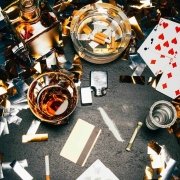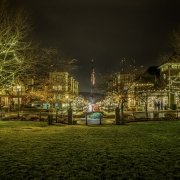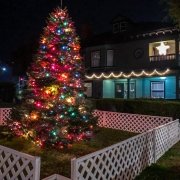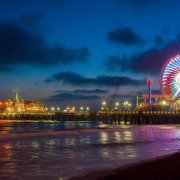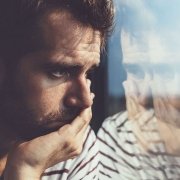Addiction- Stuck on “Get More”
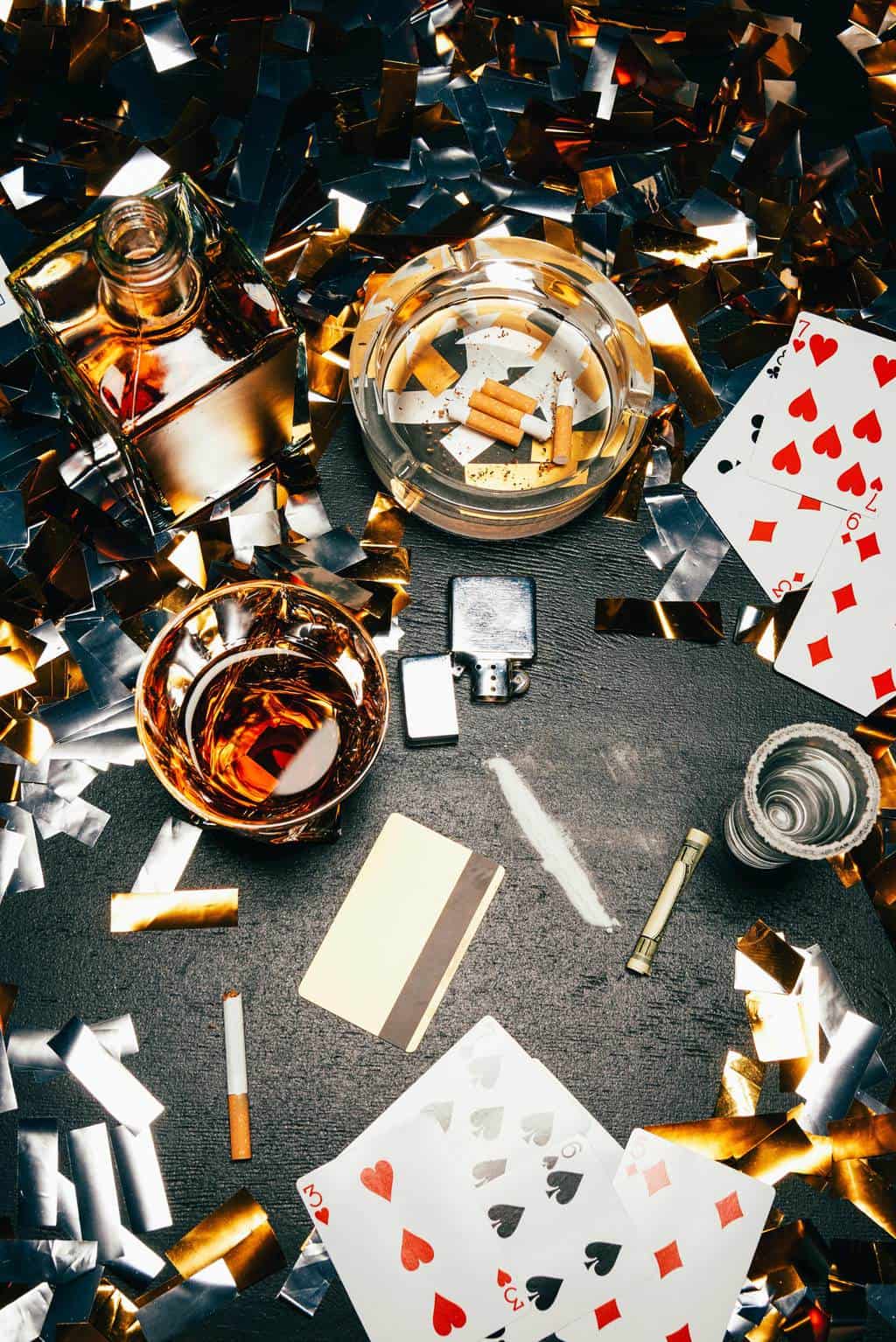
Our time celebrates affluence, personality, noise, and hyperbole. “Living out loud”, we seek not only to feel more pleasure and relief, but we are also stuck in the pursuit of it. We are chasing more than we are being. Silence, stillness, subtlety are attributes which we disdain and avoid. Humility is dead to us.
Simple truth and facts fall behind good storytelling, great acting and becoming (or following) an influencer. Adjectives describe only the extreme and sentences need an exclamation mark! Communication is lost in overstatement.
To catch attention, escalating quantities of emphasis are required. Attention is lost in the competitive bidding for it.
Addiction, with its manic swings to the edge, lands as “normal” amidst plummeting societal standards. “I became aware that I had a problem when I disintegrated faster than I could lower my standards.”
Dopamine, the pleasure/ relief chemical in our brain, heightens in the pursuit of the object of desire, as much as with its acquisition. To maintain the high, we must seek more. The magic is in the chase.
Whether our object of choice is vodka, meth, oxy, bud or crack, it is the fantasy and seeking of the substance that allures and spikes our pleasure centers. The sensation achieved by use is rewarding and secondary.
We addicts not only get stuck on “not enough” and “more”, but we also can’t shift out of “get more” and “use more”. Our brains receive rewards for imagining and pursuing the drug. Perhaps substance use disorders (alcohol and drug addiction) are as much process (behavioral) addictions as sexing and gambling. Our obsessions and our behavior are as much of the problem as the drug of choice (or du jour).
“Getting meth makes me feel alive, invincible!” “I can’t wait for that five-o’clock shot of vodka- everything becomes comfortable and I then fit in.” “It will be like crack to me!” “When I take oxy, I feel the most warmth- it’s sublime.” “It’s like I can finally breathe and settle in when I can get my bud!”
And then, for many alcoholics and addicts, ultimate desperation, degradation, deterioration arrest the fantastic. It all collapses like a dismantled Broadway set. The Titanic meets iceberg and no rearrangement of deck chairs can recreate comfort.
Sobriety slams us in the face as does the floor during a drunken collapse.
“I’m sorry Dear but we don’t see recreational users in the ICU.”
…so what to do? Sober up?
“I love my sobriety and my new friends (but I’m bored…).” After the excitement of arrests, accidents, arguments, illnesses, injuries, near-death adventures, threats of violence and violence, life without alcohol or drugs seems oh-so mundane.
If your amplifier has been stuck on deafening, pianissimo (quiet music) may be inaudible for a short while.
Stick it out and find friends who share your ups and downs. Dopamine gets a boost from social contact and connection. The boost is incremental at first and then grows. Eventually, the addiction is replaced by connection. The hole in your middle gets filled with the care of and for other people.
“Newcomers are such drama queens”. Having recently eliminated drugs and the pursuit thereof from life, exaggerated feelings and gestures can only be expected. Arriving without chemical influence where chaos was standard, our dance may seem a bit frenetic for a while. A new one will be slowly learned in tamer circumstances.
“I feel crazy- I’ve never gone this long without a drink/ hit/ blunt!!” What once was the best idea is now reconsidered. Listening to others (finally) you learn to become teachable. You learn that different directions produce better results. Change becomes possible.
And do we find salvation and live happily ever after? Thankfully no for, after all, we bore easily.
Life moves steadily forward. Better skills can now be trained and emotional upheavals can be better regulated. There is no end to this side of the game. At first, we run to stand still, and then we walk to maintain. Stopping does not result in homeostasis. Stopping results in falling and sinking.
We continue to seek. Recovery and spirituality need continuous practice and exploration. The thrill is in the search.
Stagnation results in back-sliding; relapse can equal death. Or worse, we can back-slide with a lack of motivation or complacency. We can revisit the floor slamming us in the face in a falling-down drunk. And then the cycle begins again. We roll recklessly and randomly. With luck, we are blessed with another interruption sponsored by humiliation, desperation, and pain.
The thrill is in the hunt. It is our choice for what we continue to look.

